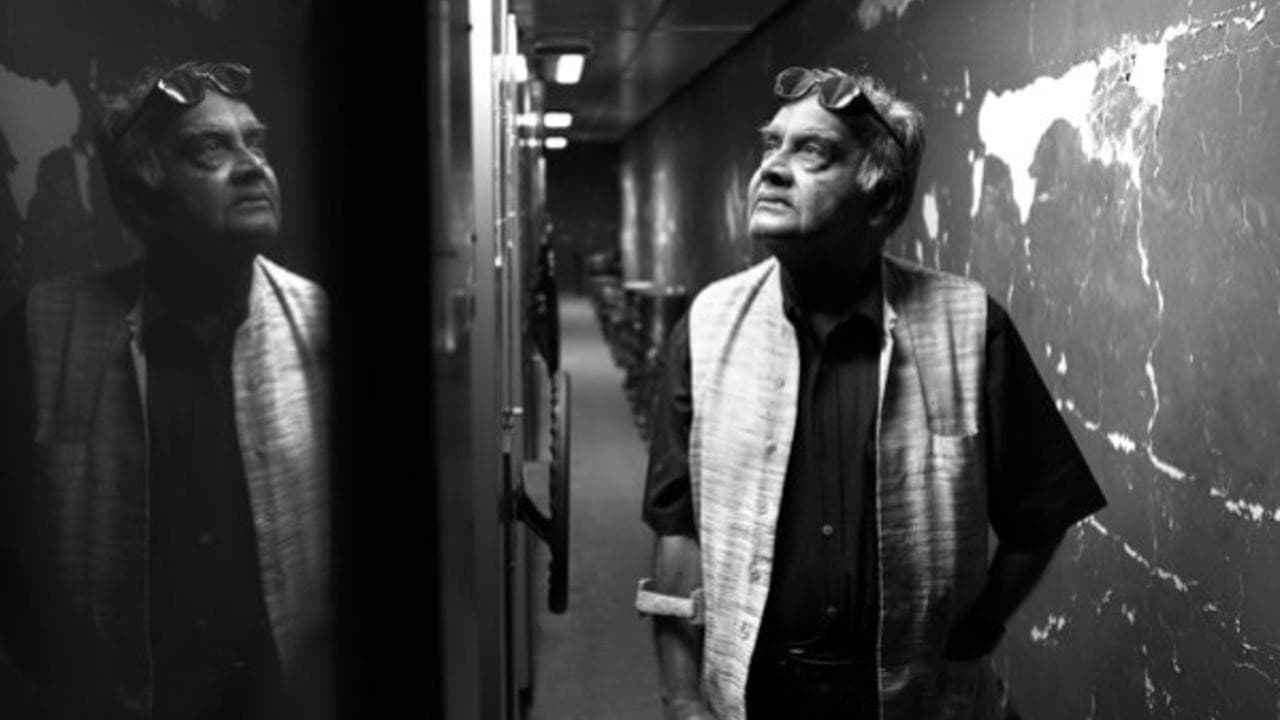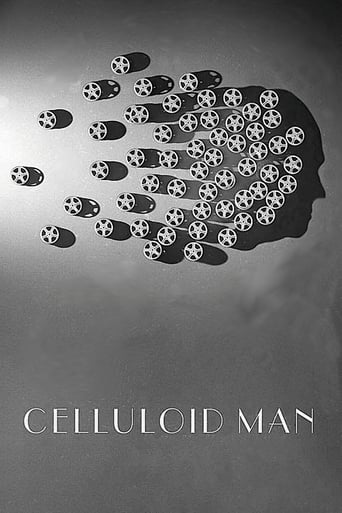bobbysing
The fact that there was no way or source of watching all those precious classics made in the early 20th Century always used to made me quite sad. Further it also forced me to wonder that why there wasn't any official authority, a film organization or a specific government department made to preserve the prints of such valuable films made by our Indian maestros of that period? Why this process was not considered important enough, equivalent to the act of saving our heritage and cultural history of the country? And why even the film-makers themselves also never thought of saving those valuable films for the sake of coming generations who could study them as their important reference material?The questions above were vaguely answered by the DVD revolution since 2005, when few of such gems were revealed in the digital format by the home video companies. And then post 2012 we also got to see the greatly important classics like RAJA HARISHCHANDRA, KALIYA MARDAN, JAMAI BABU and more on Youtube, posted by different energetic film enthusiasts on the occasion of the centenary celebrations of Indian cinema. However a major question still remained unanswered that who was actually responsible for discovering, collecting & preserving these invaluable prints, silently working in the backdrop from decades. Thankfully, CELLULOID MAN answers that question well, featuring the one man army P. K. NAIR respectably called as NAIR SAAB by then students and now veterans of Indian Film Industry working in various parts of the country. The enlightening film simply amazes you with the fact that in a country known for its crazy love for cinema, with more than 100 crores of population, there is only one man alone, who actually thought of seriously working in this direction in the 60s and then went on to collect many important classics of the past traveling all over silently without making any kind of news craving for a praise or recognition.Thoughtfully directed by Shivendra Singh Dungarpur, CELLULOID MAN is a documentary on the former curator of the Indian National Film Archives, who still is well connected with his Archive built over the years, after getting retired from his hugely significant but thankless job. The passionate man needs to be saluted for his notable efforts made to save the 'not so recognized' cultural heritage of our country, just single handedly. He is a living encyclopedia of both Indian and World Cinema, who has simply devoted his complete life to the passion for movies, sacrificing his own will to become a film-maker in the process. And that's indeed a bold step to take, working in the dark ambiance of a theater instead of sharing the shining limelight of the tinsel world.A more than two hours long documentary talking about some rarest of rare moments of Indian Cinema, never seems to be lengthy at all and one truly cherishes those memories of the past shared by Nair Saab in it, so humbly. It is really a treat to listen him discussing the way they used to see film lying on the white sand floor next to the screen in his childhood days (in Trivnadrum) and the passion with which he used to collect the torn parts of the tickets, lobby cards and even those thick small cards coming out of the weighing machines at the theaters, with a one line horoscope and a picture of famous film star on the other side.Personally I was just really stunned to know that at present we have got only 9-10 films with us, out of more than 1000 films made in the silent era of film-making in the country and that too just because of the efforts made by this CELLULOID MAN, Mr. Nair Saab. Further it was certainly painful to know that the 3 reels of the first Indian talkie AALAM ARA were lost by the family members of its makers only, a few years before Nair Saab reached their door step to collect them for his archive. And thus the only remains of the first talking film of India were lost forever.Another important feature of this documentary is the way it describes the meaning of 'A Democratic Archivist", referring to the manner in which Nair Saab tried to save any kind of Indian film, of any language, of any genre, in any state, may be incomplete with just a few reels available in random order. A truly democratic in nature in that matter, he even used to take World Cinema to the villages of the country and it is simply remarkable to see the farmers talking about films like RASHOMON just because of the passion of this one man only in the whole India.To say the least, CELLULOID MAN is a must watch for every movie buff, living in any part of India, as it will make you feel the love for cinema more passionately like never before along with the man who single handedly saved whatever could be saved in time with his unmatchable efforts and enthusiasm.Moreover, if we all love & remember those maestros of Indian Cinema who gave us such valuable movies in the past, then we also need to thank and salute Nair Saab too who made it available to us in the best possible form before it was all lost to the ignorance this country has always shown towards Cinema. Hopefully after watching CELLULOID MAN and realizing the mistake we have been committing so ignorantly, our country and its people would start treating Cinema as an integral part of our "Rich Cultural Heritage" and not just as a means of entertainment to be seen along with the popcorn in a routine weekend.
FilmCriticLalitRao
It is true that "Celluloid Man" is being appreciated in current times at various film festivals and other allied cinematographic forums but it is truly a film for posterity as generations to come would need to learn a lot about the need for film preservation."Celluloid Man" is a perfect film for everyone for various reasons.Firstly,for Indian audiences,it is an excellent homage to Mr P.K.Nair who can rightly be called-Henri Langlois of India.He is India's sole authority about film archiving and film preservation. Those who know Nair Sahaab,as Mr P.K.Nair is fondly called by his admirers,would have no hesitation in stating that his fervent passion for cinema would remain unparalleled. Secondly,Indian cinema is being closely followed in the west and in many ways "Celluloid Man" is the apt reference work which would enable Indian cinema enthusiasts to discover new facets of the glorious years of Indian cinema.As far as Indian documentary films are concerned,audiences are familiar with government sponsored works by Films Division.By directing "Celluloid Man",Shivendra Singh Dungarpur has charted a new course for documentary films in India. His film conveys its serious message yet remains entertaining in its essence.Film critic Lalit Rao got a chance to interact with messieurs P.K.Nair and Shivendra Singh Dungarpur before the screening of this film during Bangalore International Film Festival 2012.
FilmFest
Shivendra Singh's Celluloid Man, another documentary more than two-hour tribute to P.K. Nair, the former curator of the Indian National Film Archives. The interviews with film personalities influenced by his efforts (Nasserudin Shah, Shabana Azmi, Girish Kasaravalli, et al) are as illuminating as the scenes of Nair returning to the places where he had found lost films and the clips from those films. The scenes where Nairsaab refer's to the movies that have been archived are mesmerizing. This film was screened at all major festivals in India as a tribute to Nairsaab. I had the pleasure of watching the movie with Nairsaab & the director Shivender Singh Durgapur's presence at Bangalore Festival. Who later invited me to his house in Pune, where I eventually went to spend some time with the Legend man of Indian cinema.

